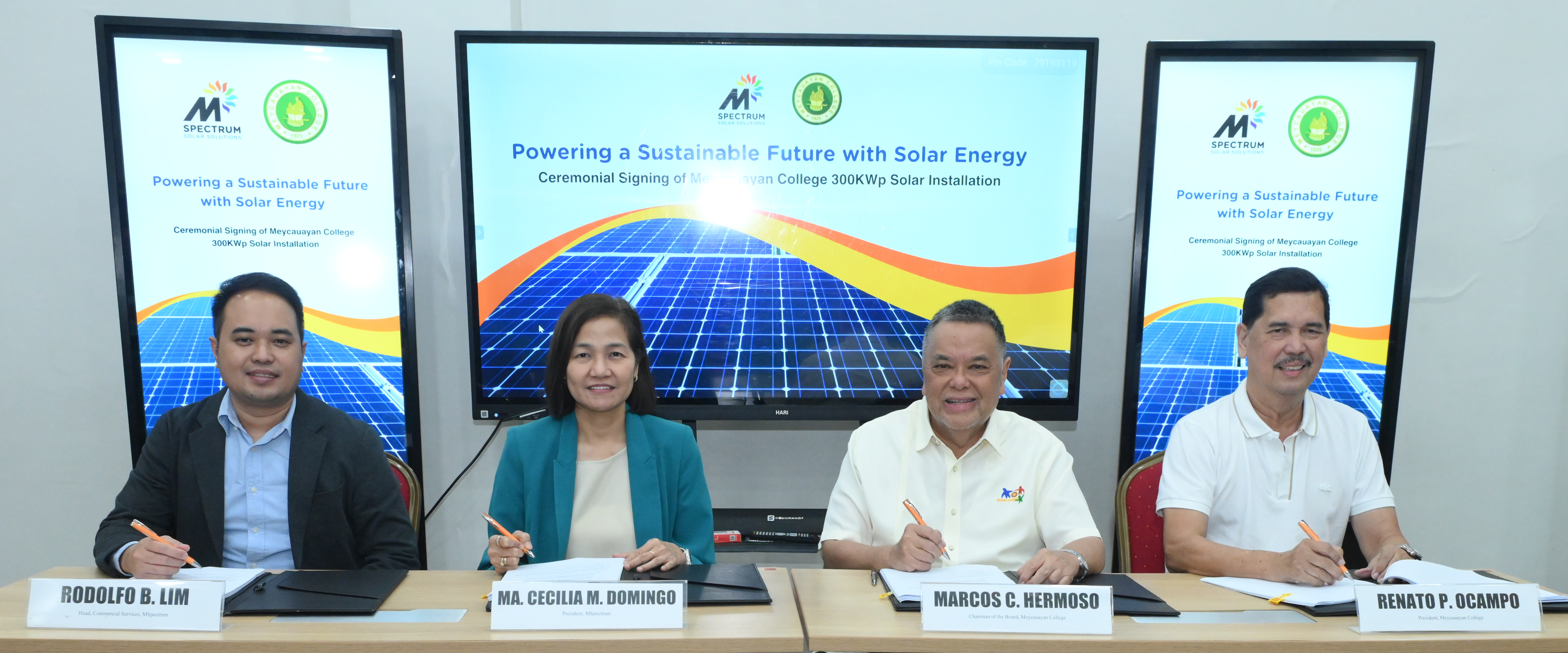How Solar Energy can Reduce your Carbon Footprint

The world is slowly inching its way towards a more sustainable future. Various efforts are being made to ensure that the environmental challenges that we face today have solutions that can be used en masse in the future. One such issue is the mitigation of our carbon footprint. The carbon footprint is the total amount of greenhouse gases, particularly carbon dioxide, that is emitted directly or indirectly by an individual organization, event, or product.
To address this environmental concern, many countries and businesses have chosen to shift to renewable energy. In the Philippines, the most accessible RE solution is solar energy. Solar has gained prominence as the go-to solution for businesses looking to lessen their environmental impact. In this article, we will discuss the significance of solar and the role it plays in reducing the carbon footprint of businesses, and the Philippines.
The Harsh Truth

Fossil fuels are vital for our day-to-day lives. Industrial processes, deforestation, and energy production are among the largest contributors to burning fossil fuels and generating large amounts of greenhouse gas emissions. These emissions end up trapping heat in the Earth’s atmosphere leading to global warming and climate change. The state in which society has normalized the use of fossil fuels is the reason for climate change.
Why Should we Reduce our Carbon Footprint?

Climate Change Mitigation
By cutting down our greenhouse gas emissions, we can slow down the rate of global warming and prevent the adverse its adverse effects on existing ecosystems and our weather patterns.
Resource Conservation
Fossil Fuels are a finite resource. These non-renewable resources are what currently keep the world going—particularly with our energy needs. Adopting sustainable practices conserves these valuable resources and ensures that they can still be used and are available for future generations.
Health Benefits
Burning Fossil Fuels produces greenhouse gases. These are harmful to both the environment and to people. Cleaner energy sources and more sustainable practices can help improve overall air quality and reduce the prevalence of respiratory illnesses and other health issues that may be associated with air pollution.
Solar Energy as a Sustainable Solution

As mentioned in the previous segment, greenhouse gas emissions present two issues—it’s effect on the environment, and its effects on our health. Solar energy presents a great case for solving both because of its use cases and the lack of harmful by-products of its systems.
Clean and Renewable Energy
Unlike fossil fuels, Solar energy is as clean as it gets. Solar energy is harvested using Photovoltaic panels and the system converts the harvested energy into usable electricity for households, businesses, and industrial facilities.
Solar PV systems do not need to burn fuel to operate, but rather makes use of the light that comes from the sun to generate electricity. the process does not emit carbon dioxide or any greenhouse gas—mitigating the impact of energy generation and consumption on the environment. Additionally, the lack of CO2 emissions also helps improve air quality—especially once solar panel systems become more rampant all over the Philippines.
Low Operating Costs
Solar panel installations are well known for being long-lasting systems. They need very little maintenance to operate. PV systems do not have any moving parts, greatly reducing wear and tear. This is further supported by solar panels and inverters, major equipment of a PV system, having long warranty periods and performance guarantees.
Advancements in the technology of solar panels improve its efficiency as well as lessen its cost—making solar even more accessible and cost-effective as time passes by.
Grid Independence
Solar rooftop installations allow businesses and households to generate their own electricity. This reduces their reliance on their distribution utility and helps support it to a certain extent. Generating and consuming your own electricity means you do not take from the grid, lessening its load and potentially helping sustain larger areas of electrification.
Technological Advancements
Research on renewable energy has been on a hot streak when it comes to consistent improvements throughout the years. Solar panels are among the fastest to improve, often producing more efficient models less than a year after the release of its models. Lastly, innovations such as battery energy storage systems and smart grid technologies enhance and widens the horizon of solar—not to mention the continuously increasing reliability and accessibility of solar power.
Conclusion
Understanding our carbon footprint is vital to knowing how much we impact the environment. Inadvertently, we contribute to global warming by working for heavy industries or simply consuming energy generated through the burning of fossil fuels. Using solar energy as an alternative to conventional fossil fuels is a crucial step in achieving large carbon footprint reductions. By harnessing the power of the sun, we can make use of cleaner energy as compared to using fossil fuels. Solar can help mitigate the impacts of climate change and preserve the planet for future generations—paving the way for a more sustainable future.
For all your solar service needs, choose wisely. Choose Spectrum, your end-to-end solar solutions provider!
Spectrum offers tailor-fit solutions for industrial, commercial, and residential customers through an in-depth understanding of energy consumption behaviors and strategic partnerships with world-class technology partners.
Backed by Meralco’s energy expertise and proven safety track record, the renewable energy company has been providing services and solutions to help customers reduce their costs while taking part in saving the planet.
Share this article:












